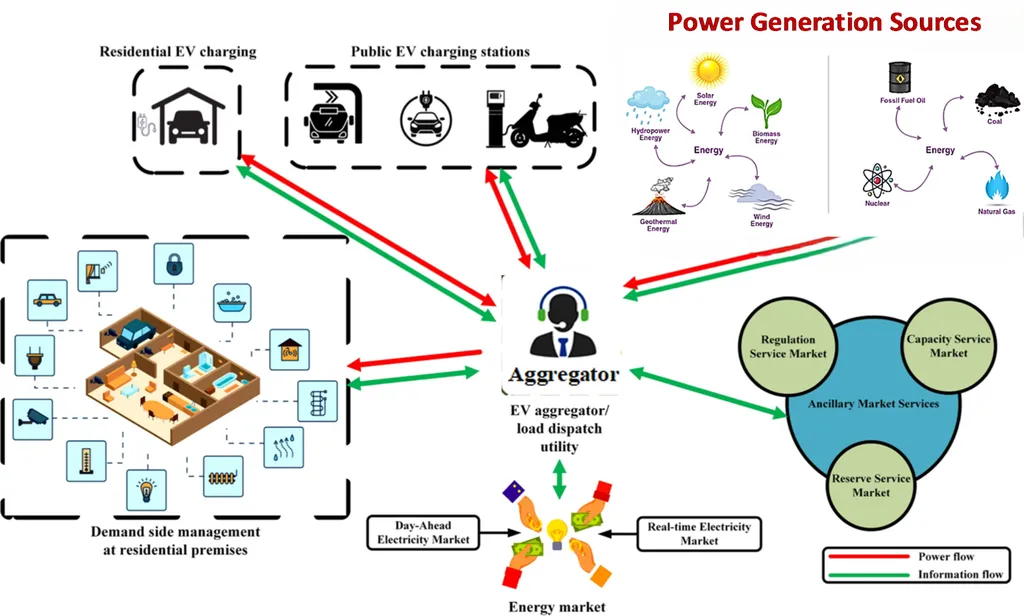Researchers Xinda Zheng, Canchen Jiang, and Hao Wang, affiliated with the University of Electronic Science and Technology of China, have developed a novel approach to optimize the planning and operation of electric vehicle (EV) charging infrastructure. Their work, published in the journal Nature Communications, addresses the growing demand for EV charging stations and the challenges associated with their efficient and cost-effective deployment.
The researchers propose an integrated approach that simultaneously optimizes investment decisions and charging assignments, taking into account the dynamic spatial and temporal patterns of charging demand. This holistic strategy aims to maximize the efficiency of charging infrastructure by aligning it with real-world usage patterns. To facilitate the development of their optimization model, the team employed a large language model (LLM) to assist in translating natural-language descriptions into mathematical formulations, thereby reducing the time and effort required for model development.
One of the key innovations of this research is the use of a distributed optimization algorithm based on the Alternating Direction Method of Multipliers (ADMM). This algorithm is designed to handle the computational complexity that arises in high-dimensional scenarios, making it feasible to implement the optimization model on standard computing platforms. The researchers validated their approach through a comprehensive case study using 1.5 million real-world travel records from Chengdu, China. The results demonstrated a significant 30% reduction in total cost compared to a baseline scenario without EV assignment, highlighting the practical benefits of their method.
For the energy sector, this research offers a powerful tool for optimizing the deployment and operation of EV charging infrastructure. By leveraging advanced optimization techniques and real-world data, energy companies can make more informed investment decisions and improve the efficiency of their charging networks. This not only reduces costs but also enhances the overall user experience, supporting the broader adoption of electric vehicles and contributing to a more sustainable energy future. The practical applications of this research are particularly relevant for urban planners, energy providers, and policymakers seeking to develop robust and cost-effective EV charging strategies.
This article is based on research available at arXiv.

